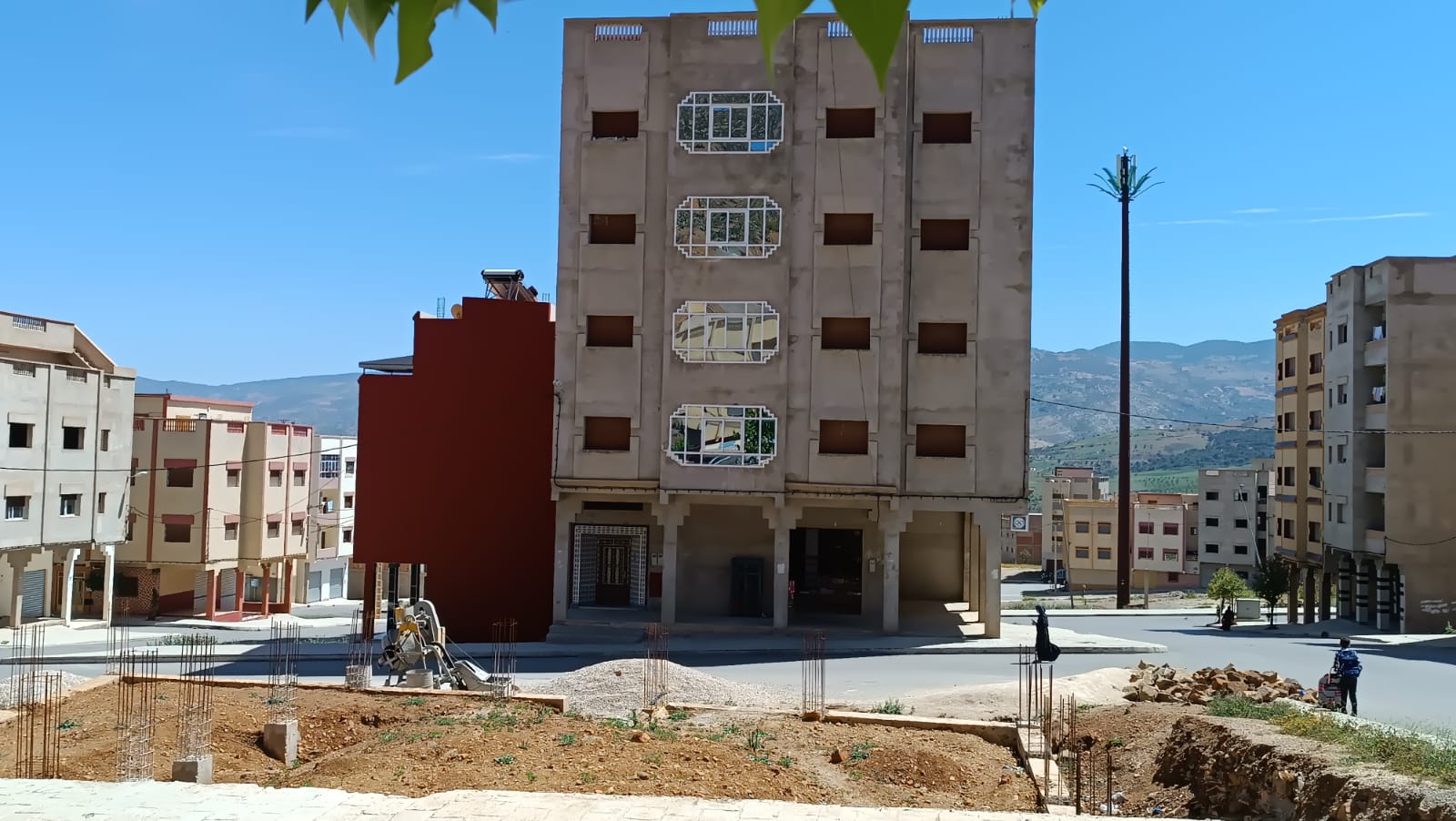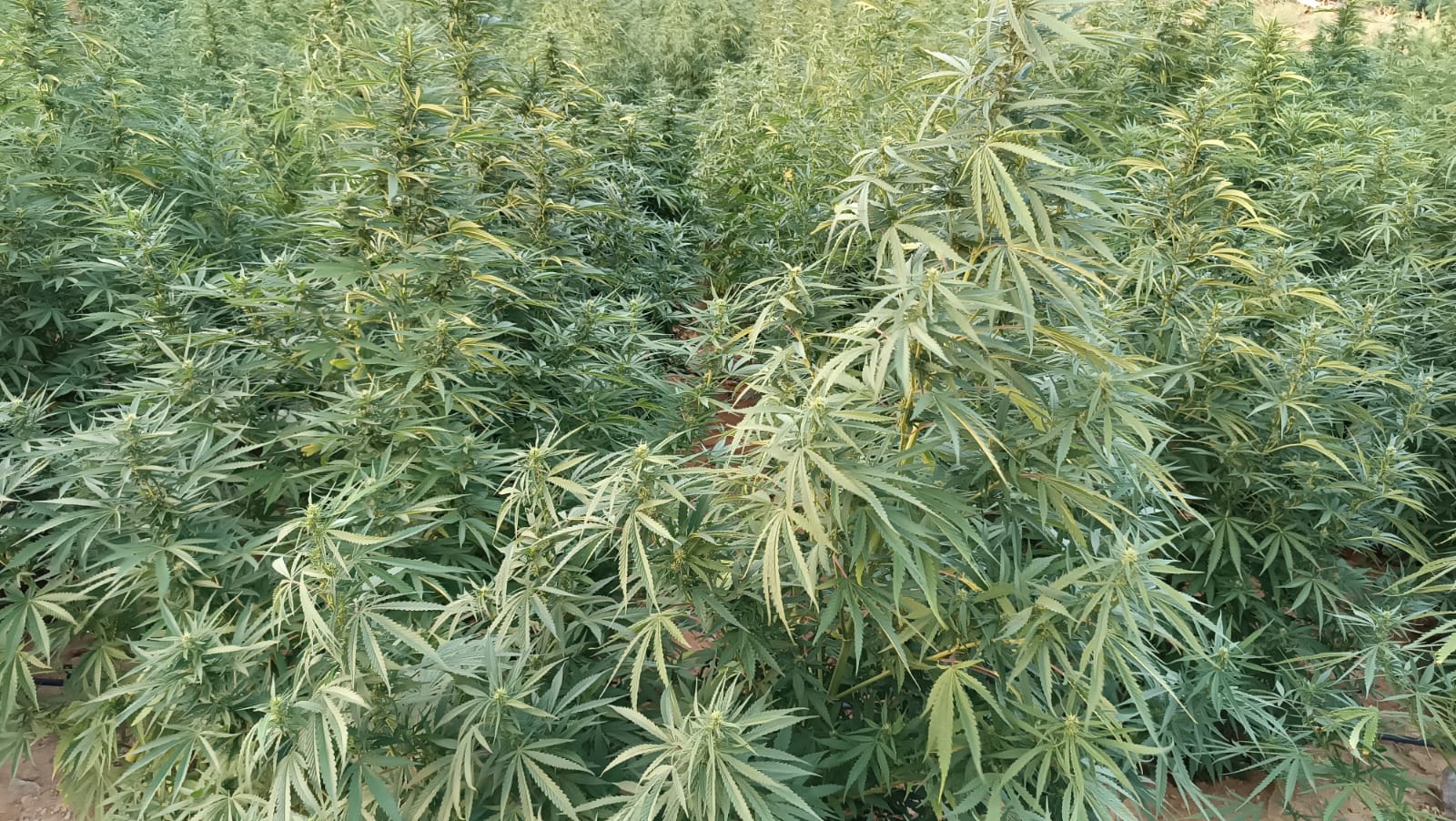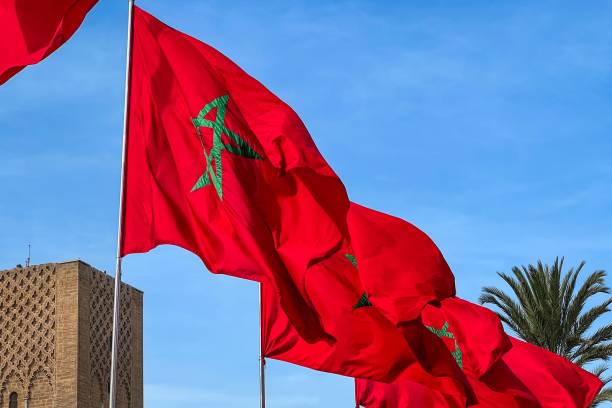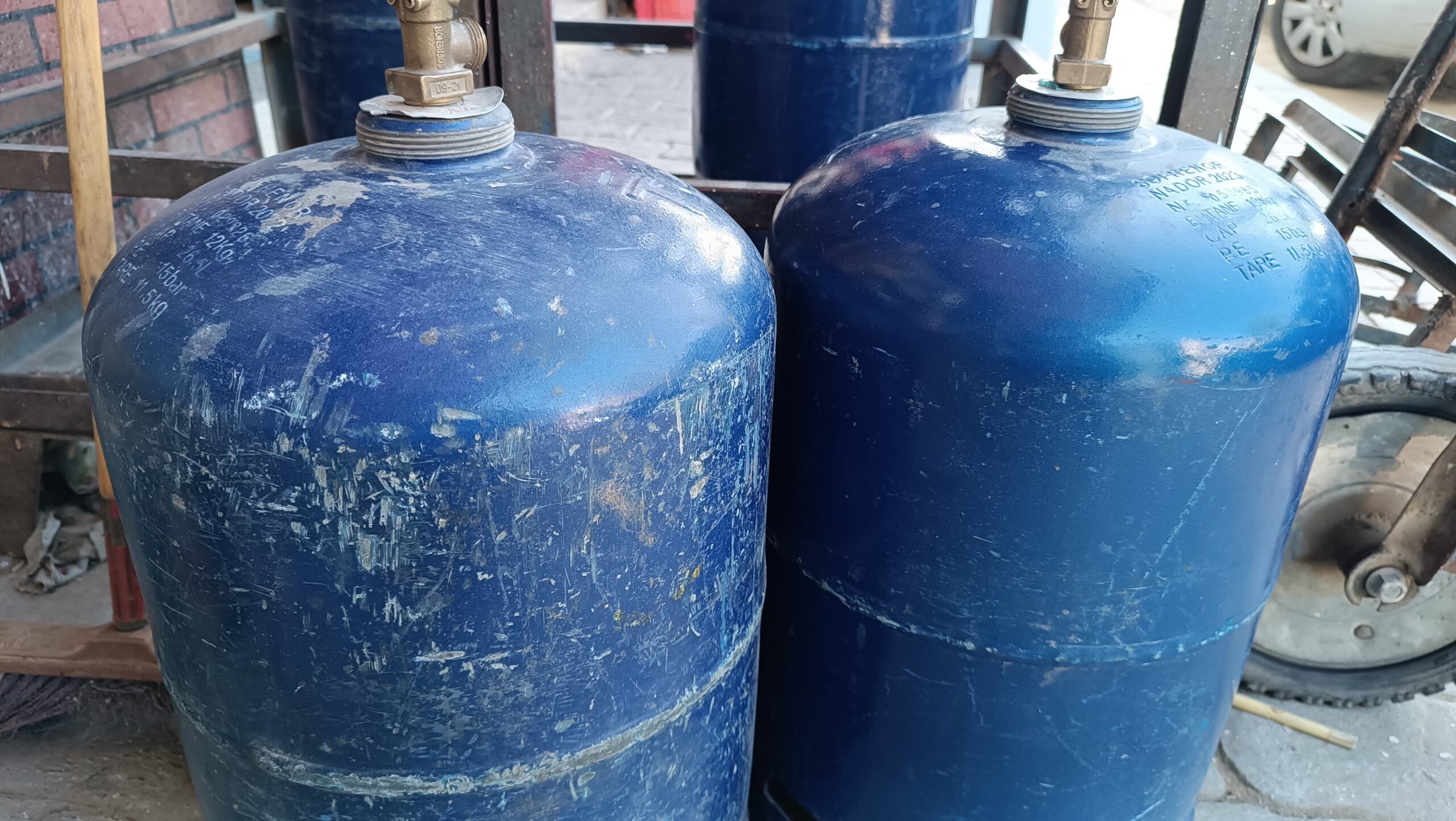Casablanca – The soaring prices of red meat in Morocco continue to burden consumers, igniting widespread frustration as the government faces increasing criticism for its handling of the crisis. Despite recent efforts by the authorities, including the import of livestock to stabilize the market, prices show no signs of decreasing, leaving many Moroccans struggling to afford this staple food.
Following the Eid Al-Adha holiday, which traditionally drives higher demand for meat, prices in Moroccan markets have skyrocketed. Currently, wholesale prices at the Casablanca slaughterhouses range between $12 and $13 per kilogram for sheep meat, while beef prices hover between $10 and $11 per kilogram. These increases are felt even more acutely in local markets, where sheep meat is now being sold at approximately $14/kg and beef at $13/kg.
Causes of the price surge
Experts in the livestock sector point to several contributing factors. High feed costs have significantly impacted livestock prices, with many farmers passing these increases on to consumers. The mass slaughter during Eid Al-Adha to meet demand has also created supply shortages, contributing to the price surge.
Drought and rainfall shortages, which have plagued Moroccan agriculture in recent years, have only exacerbated the situation. The lack of sufficient precipitation has affected livestock feed production, driving up costs further. Additionally, many slaughterhouses remain closed across the country, limiting the available supply of meat. Coupled with heightened demand due to celebrations and weddings, these factors have created a perfect storm for price increases.
While the Moroccan government did attempt to alleviate the situation by importing sheep and cattle, the measure has fallen short. Import activity, which spiked during Eid Al-Adha, has since slowed considerably. Importers are now reporting difficulties in securing livestock from international markets, where prices have also risen due to global demand.
Government measures and criticism
In response to the crisis, the Moroccan government, through the Ministry of Agriculture, has introduced a series of initiatives aimed at stabilizing the market. These include continuing subsidies for livestock feed and compound feeds for fattening, supporting the import of feed ingredients, and developing climate-resilient fodder crops like sorghum. Additionally, efforts are being made to improve artificial insemination practices, import seeds, and promote more productive mixed breeds.
Despite these measures, the Moroccan Federation for Livestock has warned that current import volumes are insufficient to lower prices. The rising cost of importing livestock is adding pressure on local professionals, making it increasingly difficult to stabilize the market. It is emphasized that without maintaining continuous imports, even at existing levels, prices are expected to climb even higher.
The Federation has also criticized the lack of serious dialogue with the authorities, pointing to significant challenges faced by importers and the broader red meat sector. Stakeholders have expressed frustration over the absence of coordinated strategies, accusing the government of marginalizing small farmers, importers, and retailers in the process.
Consumer struggles and outlook
Consumers have been vocal in their dissatisfaction, questioning why prices have not fallen despite government intervention. Many are concerned about their shrinking purchasing power, particularly as the cost of basic goods continues to rise. Some fear that the price of red meat will become inaccessible for a large segment of the population if the trend continues.
With professionals in the red meat sector predicting further price hikes in the near future, the outlook remains uncertain. The combination of high global demand, local agricultural challenges, and insufficient supply is keeping the market volatile. The government’s ability to manage the crisis will be closely watched in the coming months, as both professionals and consumers look for lasting solutions to stabilize the sector and relieve economic pressures.
















